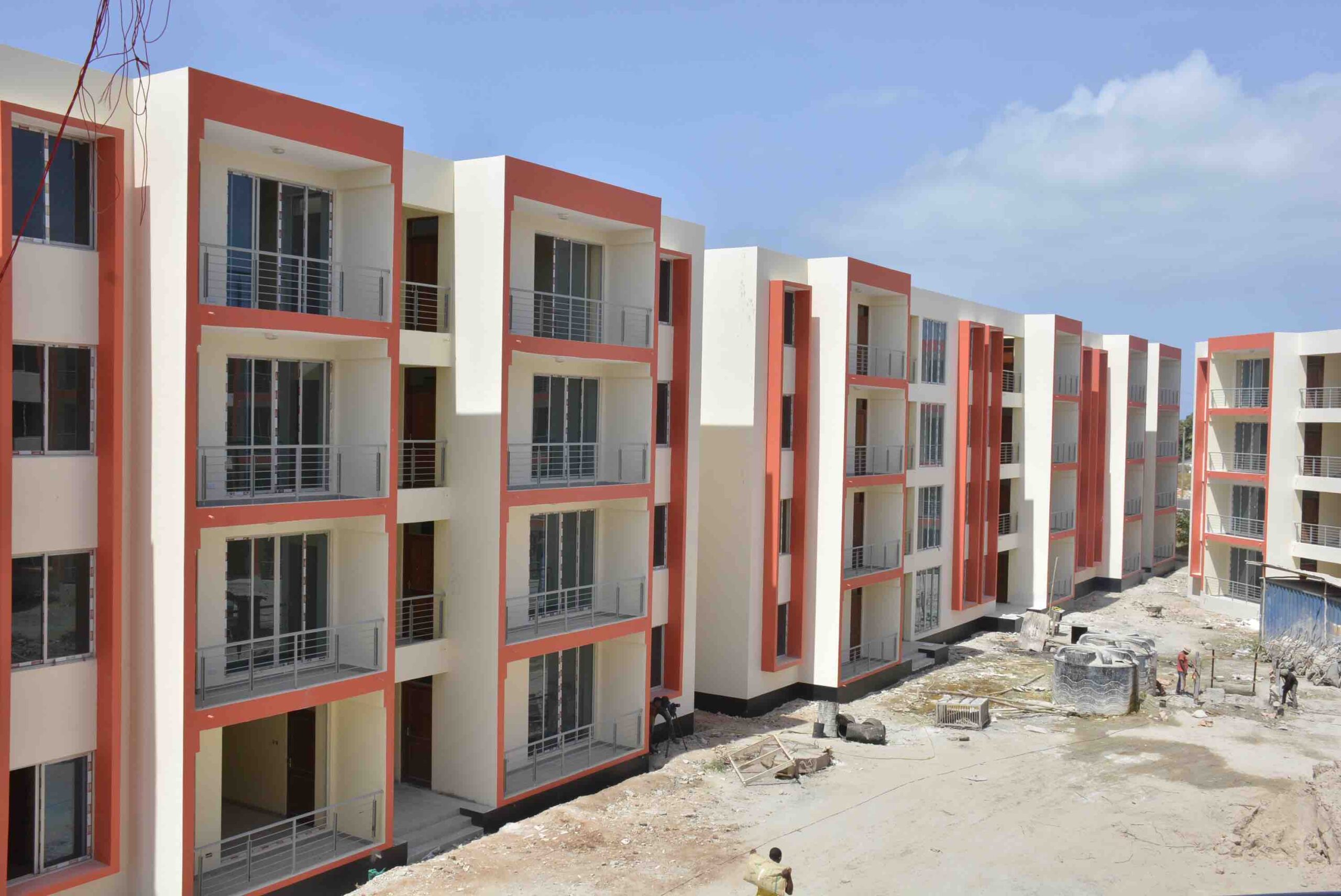Mash Holdings resilient in challenging property sector
A combination of high construction costs and falling property values has rendered new property development unviable, a leading property-owning firm has said.
According to Mashonaland Holdings (Mash), which is also listed on the Zimbabwe Stock Exchange, high construction costs remain a key challenge for the sector.
The property-owning concern said building maintenance costs have risen sharply as contractors are indexing costs to the United States based on parallel market rates.
While the official exchange rate has been stable at closer to $81 to the US dollar, parallel market rates are anything above $100 to the US dollar.
Mash said contractors are taking advantage of the limited number of projects to charge more as they cannot take advantage of economies of scale that come with a higher number or bigger projects.
Resultantly, property owners have differed critical building maintenance works which will likely have an impact on future values, Mash said in a statement accompanying its results for the full year to September 2020.
Mash said while the bulk of the property sector, apart from those in the tourism sector, had shown resilience in terms of occupancy and collection levels, the scaled-down business operations due to Covid-19 meant that most tenants could not absorb upward rent reviews.
Collection levels were as high as 90 percent while occupancy levels at Mash’s properties grew to 79,2 percent from 77 percent. The growth in occupancy levels contributed to the group’s revenue of $173 million, up 30 percent from $133 million from prior year comparative.
The revenue growth was, however, mainly attributed to the rent reviews implemented during the year.
The rental growth, however, still lagged inflation, resulting in the value of the Group’s property portfolio decreasing by 5 percent to $8,98 billion.
The decrease in property values of $471 million was more than operating profit of $102 million resulting in an unrealised loss for the period of $372 million.
The operating profit of $102 million and cash and cash equivalents of $35 million probably motivated the board to declare a final dividend of 1,34 cents in addition to an interim dividend of 0,515 cents. — ebusinessweekly.co.zw









